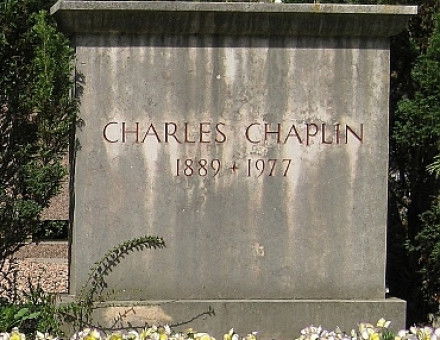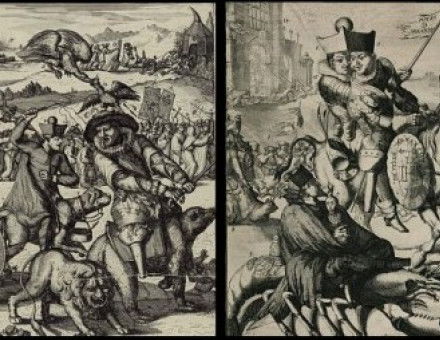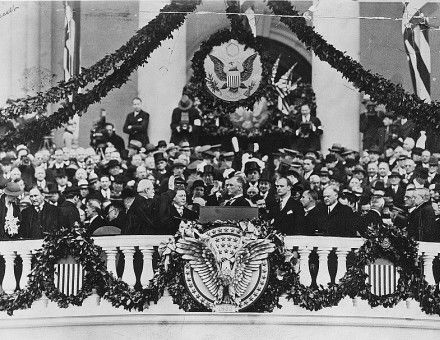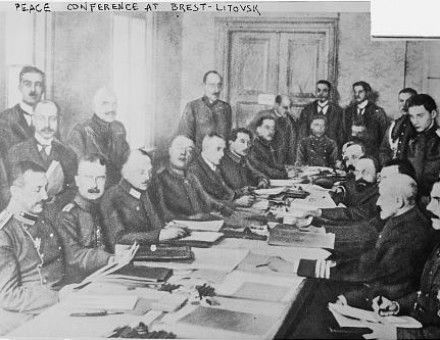Allies in Disarray: The Messy End of the Crimean War
Between autumn 1855 and spring 1856, the attitude of Britain’s war leaders underwent bewildering change as their determination to bring the war with Russia to a desirable conclusion was buffeted by doubts about the commitment of the French, and fears about the motives of French policy, as Brian James reveals.






